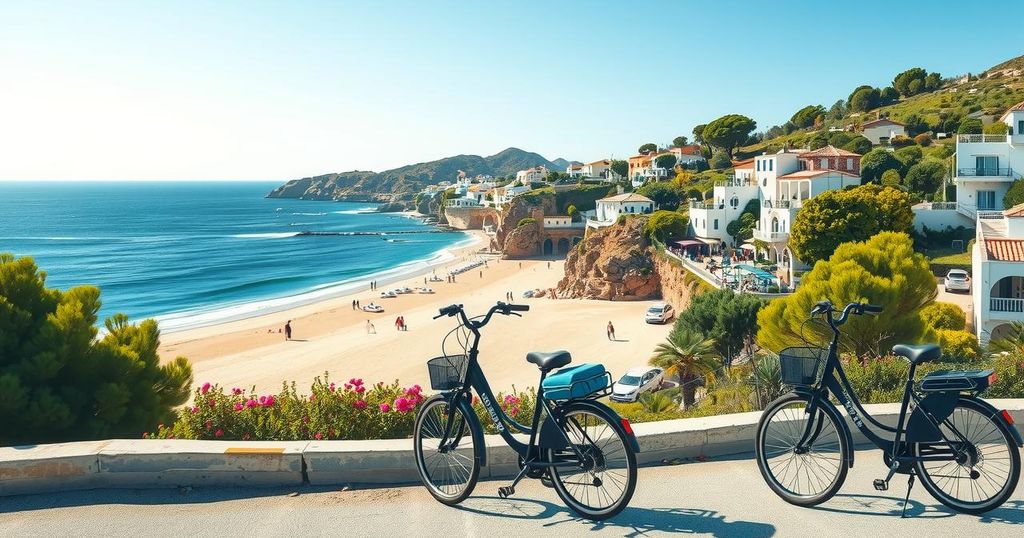U.S. Travel Ban Enacted Amid Global Tourism Changes and Weather Challenges
The U.S. has imposed a travel ban on several countries due to security concerns. Ibiza is restricting vehicle access for nonresidents during the summer to combat overtourism, while Norway has launched a tourist tax to enhance infrastructure. Additionally, extreme weather has disrupted cruise operations, highlighting the challenges of unpredictable conditions in travel.
Significant updates from around the world highlight changes in travel regulations, tourism initiatives, and weather challenges facing the cruise industry. First – the United States has enacted a travel ban on several countries, including Yemen, Sudan, Iran, Libya, Somalia, Afghanistan, and others, citing heightened national security concerns. The travel restrictions vary from partial to complete entry bans and could affect immigration and tourism flows in impacted areas.
Meanwhile, Ibiza is taking steps to combat the effects of overtourism. From June 1 to September 30, nonresidents face limitations on vehicle access. Only 20,168 vehicles—largely from rental fleets—will be allowed on the island. Observably, this is part of a broader initiative to reduce both road congestion and environmental impacts caused by a significant rise in visitor numbers, which recently quadrupled since 2002, straining local infrastructure.
In a progressive move towards sustainable tourism, Norway has joined the ranks of European destinations introducing a tourist tax. The new policy allows municipalities to impose up to a three percent charge on overnight stays, aiming to support public infrastructure in response to recent spikes in international arrivals. Last year, Norway recorded over 38 million overnight bookings, emphasizing the need for action to protect the environment amidst growing tourist numbers.
A bizarre incident involving a transatlantic flight raised concerns about aircraft suitability for certain airports. A large aircraft, causing unexpected rerouting, diverted to Rome instead of Naples, leaving passengers to navigate a three-hour bus transfer. Although the airline apologized, it emphasizes the logistical challenges faced by airlines in coordinating flights with airport capacities, particularly as plane sizes trend upward.
In another maritime issue, a cruise ship in Sicily was caught up in fierce winds that disrupted its docking. With winds reaching up to 45 mph, disembarkation had to be halted, and an unfortunate incident occurred when a passenger fell overboard but was quickly rescued. The cruise ship later resumed its journey through the Mediterranean, underlining the unpredictable nature of maritime travel during inclement weather.
As the U.S. travel ban affects a wide range of nations, from Afghanistan to Eritrea, these changes may introduce significant barriers for many ordinary travelers. Despite potential exemptions for diplomats and lawful residents, the implications for international student movements and family connections could be substantial. With many factors at play from sustainable restrictions on vehicles to geopolitical shifts that influence movement, travelers are urged to stay informed about ongoing developments and local regulations wherever they plan to go.
In summary, the U.S. travel ban reflects national security priorities while impacting several nations. Meanwhile, Ibiza and Norway’s measures highlight the response to overtourism and the push for sustainable tourism practices. Weather challenges such as those faced by the Norwegian Cruise Line remind us that unpredictability is a constant in the travel industry. As regions adapt, travelers must remain aware of regulations and developments that may affect their plans.
Original Source: www.travelandtourworld.com




Post Comment